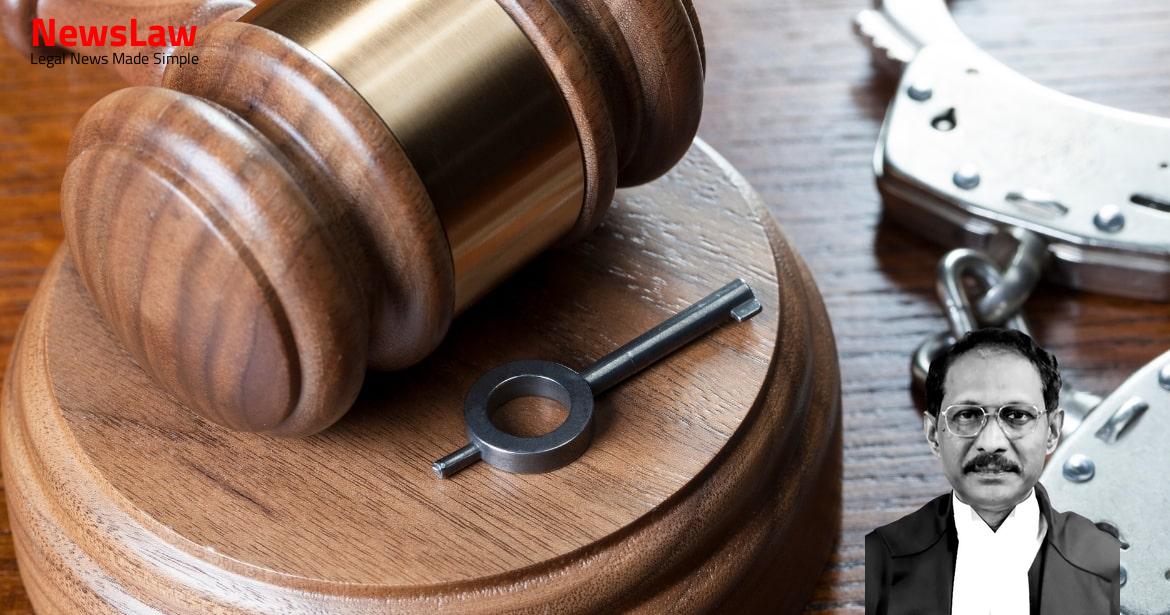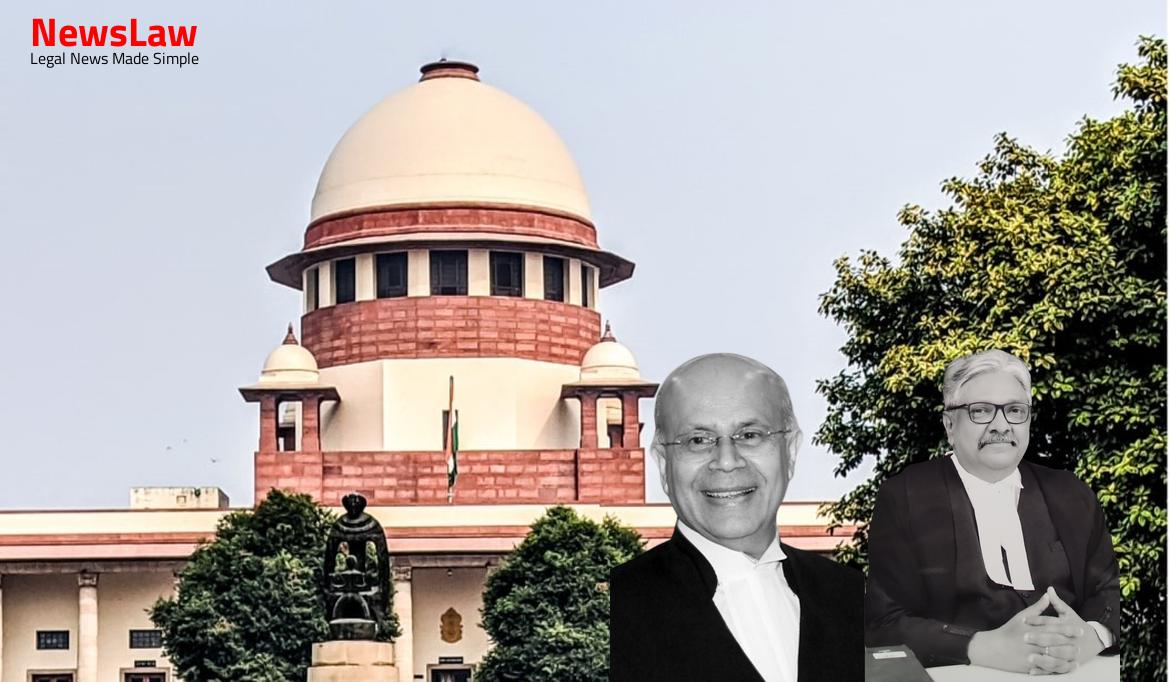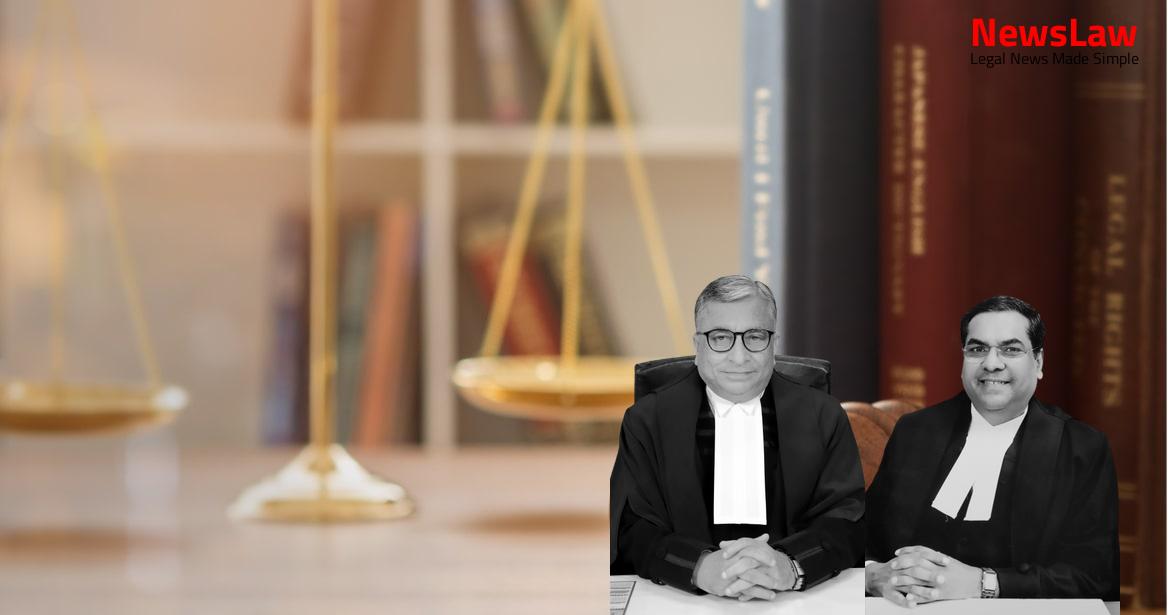The original writ petitioner – wife of the deceased employee applied for payment of gratuity due to her husband, but the same was rejected on the ground that the husband of the petitioner, while in service, had not opted for retirement at the age of 60 years. 2 Relying upon and following the earlier decisions of the High Court and by observing that if the deceased employee would have been alive, he would have retired in 2026, if he had opted for retirement at the age of 60 years and before he could opt for retirement at the age of 60 years, he died, therefore, the learned Single Judge allowed the writ petition and directed the appellants to compute the amount payable to her husband towards gratuity quantified in accordance with the relevant Government orders with the interest @ 8% p.a. It is submitted that therefore in the absence of any option exercised by the deceased employee, the High Court has materially erred in directing the appellants to grant the benefit of death-cum- retirement gratuity to the respondent on the death of the deceased employee. It is submitted that therefore in the peculiar facts and circumstances of the case and taking note of the aforesaid facts, no error has been committed by the High Court in directing the appellants to grant the benefit of death-cum-retirement gratuity to the heirs of the deceased – respondent herein. As per Government Order dated 16.09.2009, he would have exercised his option to retire at the age of 60 years on or before 1.7.2010, However, before he could exercise the option, unfortunately he died. The death- cum-retirement gratuity is the benevolent scheme and the same is extended to the respondent being heirs/dependent of the deceased employee by the learned Single Judge, confirmed by the Division Bench.
Case Title: STATE OF U.P. Vs. PRIYANKA (2023 INSC 109)
Case Number: C.A. No.-003639-003639 / 2022



